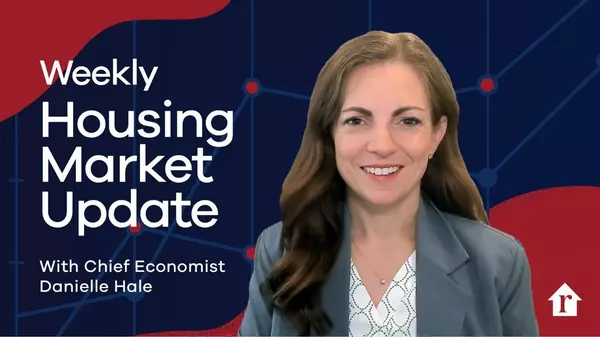You’ll Struggle To Live Well in New Jersey on Just Your Social Security, Even If Your Mortgage Is Paid Off
Retirees in New Jersey face one of the toughest financial challenges in the nation if they’re relying solely on Social Security.
According to a Realtor.com® analysis of median Social Security benefits by state and the Elder Economic Security Standard Index, seniors in the Garden State experience an annual shortfall of $7,512, or about $626 per month, even with their mortgage paid.
It's a hefty chunk of change, would could potentially grow if something were to happen to the benefit package seniors have had for decades. now.
Housing costs tip the balance
The numbers tell an alarming story: retirees in New Jersey face average monthly expenses of $2,798, the highest of any state in the country. Their median Social Security benefit of $2,172 per month falls far short of those costs. Compounding the challenge, housing expenses alone average $1,304 per month, the most expensive in the nation for retirees without a mortgage.
With housing consuming 48% of the typical retiree’s Social Security check, far above the federal 30% affordability guideline, retirees find themselves deep in deficit before factoring in food, healthcare, or transportation.
Property taxes are the single largest contributor to New Jersey’s outsized housing costs. The state has the highest property taxes in the U.S., often exceeding $8,000 annually. Insurance and utility costs only add to the burden, making New Jersey one of the least forgiving states for seniors relying on fixed incomes.
Retirement life in the Garden State
Despite the financial challenges, New Jersey retains appeal for retirees, particularly those who want to remain close to world-class healthcare facilities, cultural amenities, and proximity to New York City and Philadelphia. Coastal towns and suburban communities remain desirable, even if they come with a hefty price tag. For example, Wayne, NJ landed on the list of top ZIP codes of 2025.
For retirees with substantial pensions or retirement savings, New Jersey may still be manageable. But for those living solely on Social Security, the math simply doesn’t work.

National comparison
Nationally, retirees relying exclusively on Social Security face an average shortfall of $2,762 annually, or about $230 per month. New Jersey’s $7,512 deficit is nearly three times larger, second only to Vermont’s $8,088 shortfall. Together, they highlight how East Coast housing costs make Social Security insufficient to cover the basics.
Compared with nearby states, New Jersey is especially challenging. New York retirees fall short by $7,248 annually, while Connecticut seniors face a $5,436 gap. All are driven by high housing costs, but New Jersey’s combination of elevated property taxes and expensive insurance makes it the most difficult in the region.
The outlook for retirees on Social Security
Meanwhile, the national conversation about Social Security’s solvency adds further risk. Without intervention, benefits may be reduced to 77% of current levels by 2033. For New Jersey retirees, that would expand today’s $7,512 annual shortfall into a crushing deficit of nearly $12,000 per year.
For seniors in the Garden State, Social Security alone simply doesn’t go far enough. Even with a mortgage paid off, the state’s sky-high property taxes, insurance costs, and utilities make retirement on benefits alone a nearly impossible equation. Make sure you're taking care to have supplemental funds, if you're goal is to stay in the area.
This article was produced with editorial input from Dina Sartore-Bodo, Gabriella Iannetta, and Allaire Conte.
Categories
Recent Posts










GET MORE INFORMATION

